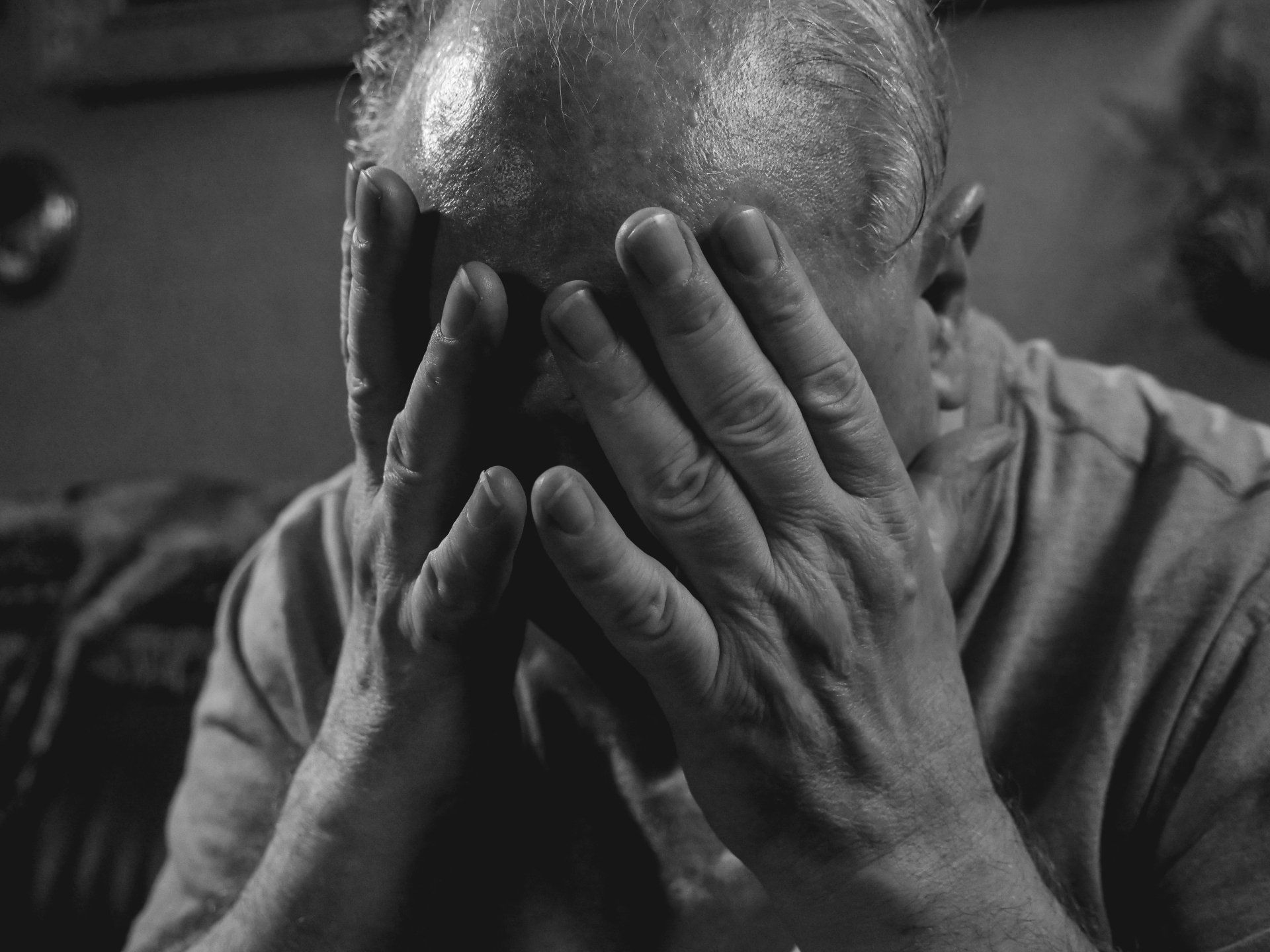Depression and Hope
Depression and Hope: Finding Light in the Darkness

This is the first of a series of posts about depression.
Depression is a mental illness that affects millions of people around the world. It is a constant companion, weighing down on the mind and soul, casting a dark shadow over every aspect of life. The feelings of sadness, hopelessness, and worthlessness can be all-consuming, making it difficult to find joy or purpose in anything. However, even in the depths of depression, there is always a glimmer of hope – a light that can guide us through the darkness and towards healing and recovery.
The Depths of Depression
Depression is a complex and multifaceted condition that manifests itself in different ways for different people. For some, it is a persistent feeling of emptiness and apathy, a numbness that dulls the senses and makes it difficult to find pleasure in the things that once brought joy. For others, it is a deep, gut-wrenching sadness that feels like a heavy weight pressing down on the chest, making it difficult to breathe or even get out of bed in the morning.
Regardless of how it presents itself, depression is a formidable foe that can make even the simplest tasks seem insurmountable. It can strain relationships, disrupt careers, and render the individual incapable of functioning at their full potential. It is a disease that affects not just the mind, but the body and spirit as well, leaving those who suffer from it feeling utterly alone and helpless.
The Importance of Hope
In the face of such a daunting adversary, it can be easy to lose hope and give in to the darkness. However, hope is a powerful force that can illuminate even the darkest of corners and provide the motivation to keep fighting. Hope is the belief that things can and will get better, that there is light at the end of the tunnel, and that a brighter future awaits.
Hope is not just a fleeting emotion, but a conscious choice that we must make every day. It is the decision to keep going, to put one foot in front of the other, and to never give up, no matter how difficult the journey may be. Hope is what gives us the strength to seek help, to try new treatments, and to surround ourselves with people who can support us and encourage us along the way.
The Role of Support
One of the most powerful sources of hope for those struggling with depression is the support of loved ones. When we feel isolated and alone, it can be easy to lose sight of the fact that there are people who care about us and want to see us get better. Friends, family members, and even professionals can provide a listening ear, a shoulder to lean on, and a reminder that we are not alone in our struggles.
Support can also come in the form of therapy, medication, or other forms of treatment. While these interventions may not provide an immediate cure, they can help to alleviate the symptoms of depression and provide a framework for managing the condition over time. With the right support and resources, it is possible to regain control over our lives and find joy and fulfillment once again.
The Power of Self-Care
In addition to seeking external support, it is also important to practice self-care and prioritize our own mental and physical well-being. This can involve activities such as exercise, mindfulness practices, and engaging in hobbies or activities that bring us joy and a sense of accomplishment.
Self-care is not just a luxury, but a necessity for those struggling with depression. It is a way of reminding ourselves that we are worth the effort and that our well-being is a priority. By taking care of ourselves, we can build resilience and develop the tools and strategies we need to manage our depression over the long term.
The Importance of Patience and Perseverance
Recovering from depression is not an overnight process. It is a journey that requires patience, perseverance, and a willingness to embrace setbacks and challenges along the way. There will be good days and bad days, and there may be times when it feels like we are taking two steps forward and one step back.
However, it is important to remember that progress is not always linear, and that every small victory, no matter how insignificant it may seem, is a step in the right direction. By celebrating these small wins and acknowledging the progress we have made, we can maintain a sense of hope and motivation, even in the face of setbacks.
The Role of Advocacy and Awareness
In addition to seeking support and practicing self-care, it is also important to advocate for greater awareness and understanding of depression and mental health issues. By sharing our stories and experiences, we can help to break down the stigma and misconceptions that still surround mental illness, and encourage others to seek help and support when they need it.
Advocacy and awareness can take many forms, from participating in mental health campaigns and events to simply having open and honest conversations about our struggles with friends and loved ones. By working together to create a more inclusive and supportive society, we can help to ensure that no one has to face depression alone.
Conclusion
Depression is a formidable adversary, but it is not an insurmountable one. By cultivating hope, seeking support, practicing self-care, and embracing patience and perseverance, it is possible to find light in the darkness and regain control over our lives.
It is a journey that requires courage, resilience, and a willingness to embrace the ups and downs that come with any healing process. But with the right tools and resources, and a commitment to never giving up, it is possible to emerge from the depths of depression and rediscover the joy and fulfillment that life has to offer.
So, if you or someone you know is struggling with depression, know that you are not alone, and that there is always hope. Reach out for help, surround yourself with supportive people, and never lose sight of the light at the end of the tunnel. With time, patience, and perseverance, it is possible to overcome even the darkest of challenges and emerge stronger and more resilient than ever before.
“And that's why I want people to know that no matter how bad it might look right now, I'm begging you, it's not that bad. It's not that bad.
And even if you think that's true, hold on. Just, you've got to hold on.
And you can't imagine how much better it can get if you make the investment and the commitment to just hold that line and – and work to get better on that.”
- US Senator John Fetterman on Depression














